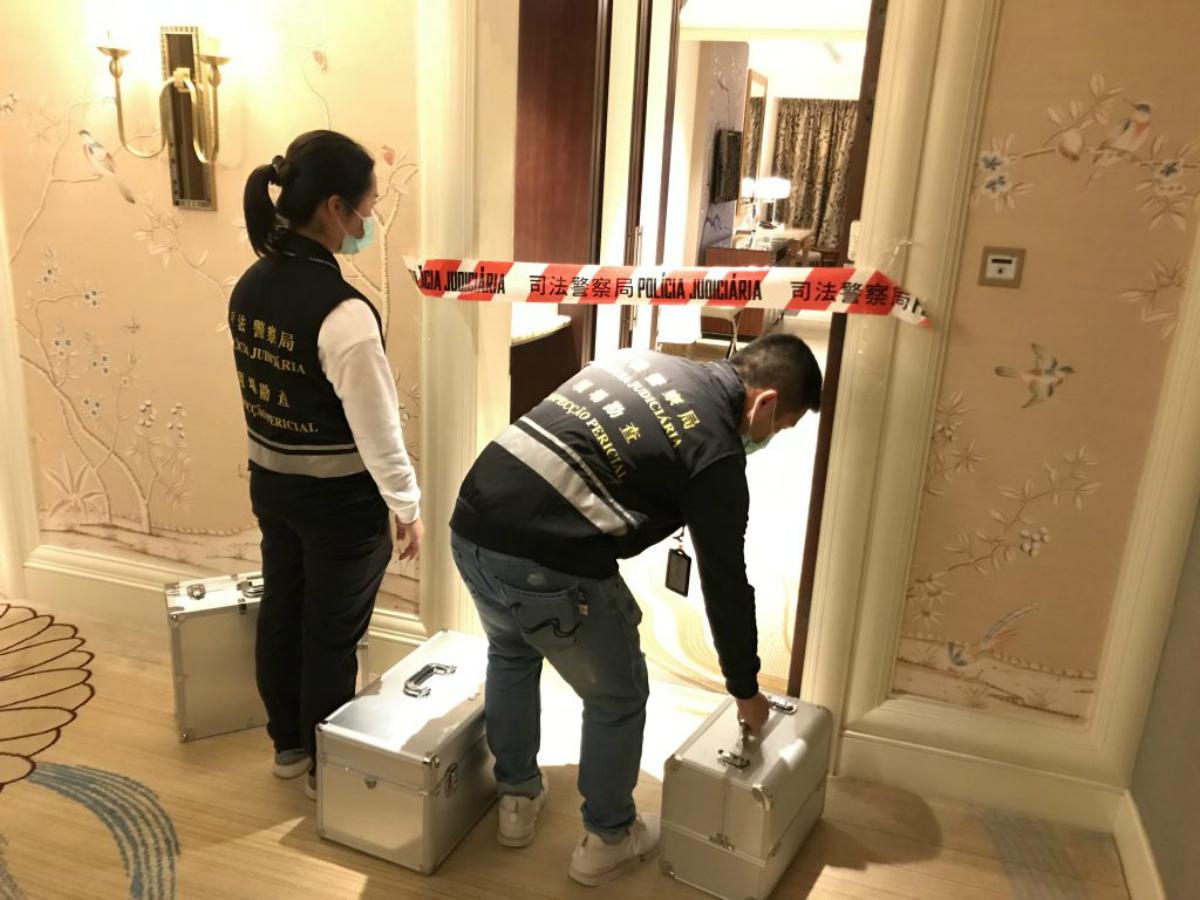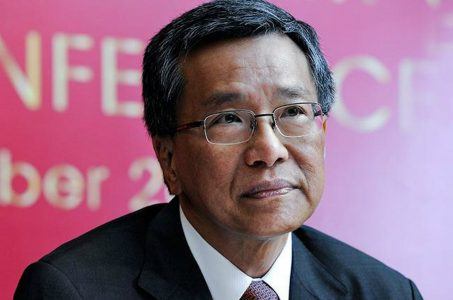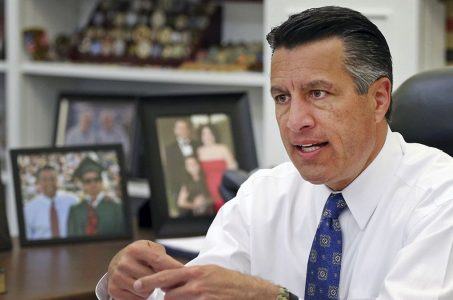Macau Loansharking and Financial Fraud Cases Soar in 2018, as Casinos Adhere to New Regulatory Policies
Posted on: February 26, 2019, 08:00h.
Last updated on: February 26, 2019, 08:00h.
Arrests in and around Macau casinos for loansharking and financial fraud skyrocketed last year, as the enclave’s Security Secretary Wong Sio Chak reported this week that more than 3,000 people were apprehended in 2018.

Crimes involving fraud jumped 31.3 percent, and loansharking 26.8 percent. Secretary Wong said the vast majority of those allegedly involved in the financial crimes weren’t Macau residents, and were repatriated back to the mainland.
While overall crime rate in Macau increased only 0.5 percent, the surge in financial crimes is worrisome to the Special Administrative Region (SAR). Wong says it has an “apparent negative impact.”
The majority of the financial offenses and loansharking were committed in and around the enclave’s widespread casino floors.
Wong said the homicide of a 41-year-old man in January that took place inside Sands’ Conrad Macau five-star hotel on the Cotai Strip is suspected to be tied to loansharking. Enclave police say the Chinese man was found stabbed to death in his bed by housekeepers. A 27-year-old was later arrested in the Shanxi province.
Keeping Bad Actors Out
Macau authorities say of the 3,050 suspected criminals that were detained last year, 2,269 have been deported and told not to return to the world’s richest gambling hub. Wong said Macau police and law enforcement authorities in the mainland are working together to investigate the backgrounds of those alleged to have broken laws in the SAR.
Wong suspects that the increase in illegal loansharking and money laundering is a result of more stringent safeguards placed on the gaming industry.
There have been specific measures that are put in place to tackle money laundering, and a cap was implemented on the daily amount of money that a client can withdraw,” Wong stated, as reported by GGRAsia. “Also, there is a face-recognition mechanism installed at the ATM machines here.”
The crackdown on junket groups organizing travel for China’s wealthiest citizens to Macau is also presumed to be fueling the financial crimes increase.
Last month, authorities infiltrated a so-called “underground bank” in Macau that reportedly handled more than $4.4 billion in transactions in the casino hub. Thirty-nine individuals were charged with operating the financial system that allowed high rollers to withdraw large sums of money in Macau, while leaving no trace that they had ever left their mainland homes.
Nevada Remains Gold Standard
Macau casinos win much more money than gaming venues in Nevada, and it’s not even close. The enclave reported gross gaming revenue (GGR) last year of $37.85 billion. Silver State casinos reported total GGR of $11.9 billion.
Despite the disparity, Nevada’s gaming industry remains the worldwide gold standard. The Macau Gaming Inspection and Coordination Bureau is working to “perfect the laws and regulations” governing the six licensed casino operators and their many gaming floors.
Licenses begin expiring next year, with SJM Holdings and MGM Resorts first up. The four other operators – Sands, Melco, Wynn, and Galaxy Entertainment – are scheduled to terminate two years later.
Related News Articles
Genting Group Focused on Japan, Predicts ‘Fierce’ Bidding War
Macau Casinos Dealt Problematic Hand with Nongaming Obligations: Analyst
Most Popular
Mirage Las Vegas Demolition to Start Next Week, Atrium a Goner
Where All the Mirage Relics Will Go
Most Commented
-
Bally’s Facing Five Months of Daily Demolition for Chicago Casino
— June 18, 2024 — 12 Comments
















No comments yet